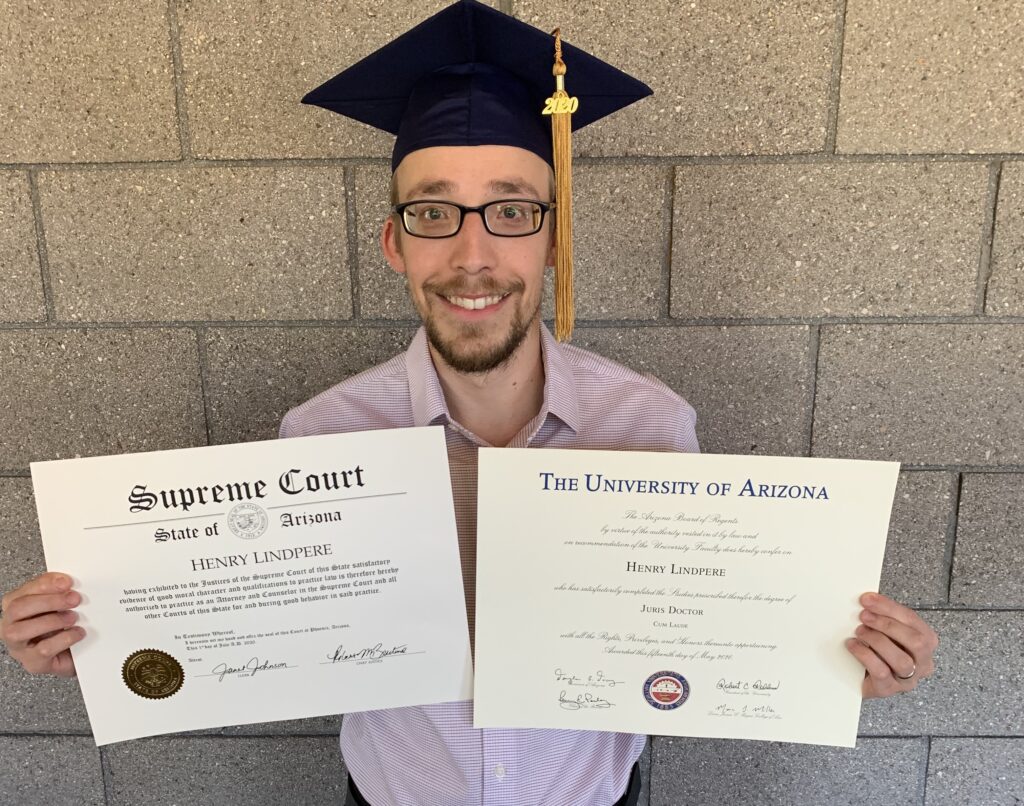Henry Lindpere is an Estonian-American lawyer whose mission is to help Estonians immigrate to the United States – he believes there are many Estonian startups that could enter the US market, but they’d need help with US visas, and he could make it easier for Estonians to make the legal journey to the New World.
I “met” Henry on Facebook. There’s a group for Estonians in North America where people always ask all sorts of advice about life in America. Now and then, someone comes along and asks about the options on how to immigrate to the United States. Most of them are just random fools who think coming to America is like shooting fish in a barrel. But some have actually done a little research and need real help with how to make their dream come true.
And there is Henry Lindpere, Johnny-on-the-spot, sharing his free videos on different immigration subjects to the interested parties. I find the fact that he’s actively trying to help Estonians with the difficulties and specifics of the US immigration system really awesome.
I also found him amazingly approachable and personable, a kind of a people’s person – which is a really good trait for a lawyer. Some attorneys can be very official, very bureaucratic, to the point. Henry is quite the opposite – he’s easy to talk to. He says he has verbal diarrhoea, but that, too, is a good trait for a lawyer.
By a miracle, the Soviets allowed his family to leave
Henry was born in Oakland, CA, on 22 November 1990 – which happened to be Thanksgiving. Not a bad place to be born at, Oakland is a lovely city, just across the bay from Frisco and, most importantly, it’s not Frisco. (Don’t worry, it is okay to call San Francisco “Frisco” in Oakland; it’s only not okay to do that in San Francisco itself.)
“My father, Heiki Lindpere, already had a PhD in law and he was, at the time, the legal director for the Estonian foreign ministry. He was 41 when I was born, so he had already made a pretty successful career in law in Soviet-occupied Estonia,” Henry says.
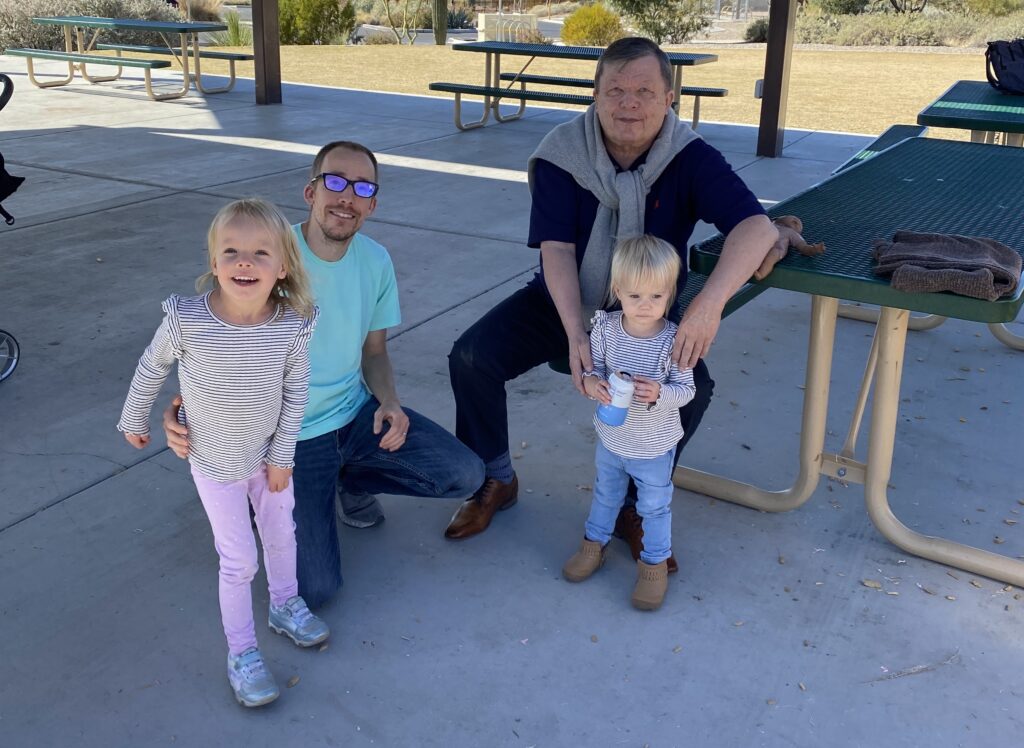
“Some Estonians my father knew from a brand-new Institute of Philosophy, Sociology and Law, part of the Estonian Academy of Sciences, travelled to the US to speak at several universities. A professor from University of California Berkeley gave them a letter, offering a scholarship for one Estonian to come and study in the US. My dad read this letter in Estonia and sent in his application. Although he was already a high-ranking legal professional, he said it was an opportunity for him to learn English and learn about the common law legal system in the US. He won the spot among 400 applicants and got the scholarship to come and study here in the Master of Laws programme.”
By some miracle, his parents got exit visas from the Soviet Union to move to the US. Lindpere’s mother wasn’t allowed to come right away, but then, just before the school year started, the authorities changed their mind and gave exit visas to his father, mother and sister – who was a year-old. His father had relatives in the US and they helped them to settle in.
However, they soon moved back to Estonia. “My dad was active in politics and he later worked as an aide to Lennart Meri (the first post-occupation president of Estonia – editor), and some of his acquaintances “disappeared” while he was in the US. He thought about staying here, but then decided to go back to Estonia in the summer of 1991. I was seven months old when our family returned to Tallinn.”
“Dad brought back some really cool Compaq laptops that were so rare in the newly-independent Estonia that from the sale of one, we got enough money to start building the foundation of a house in Nõmme,” Henry recalls. Nõmme is a highly sought-after garden district in Tallinn.
Working at Google
“So I grew up in Nõmme and went to the Tallinn 21st School (one of the best schools in Tallinn – editor) until the end of high school. After high school, I studied chemistry and biotechnology for a year at Tallinn University of Technology, but it wasn’t a good fit and I dropped out. A year later, I moved to London and attended Kingston University to study international law.”
Henry graduated Kingston in 2014, but his itch to go back to his native land had only grown bigger. “I had my natural-born citizenship from the US and my US passport was always in my pocket. After leaving the US as a baby, I had only been back when I was 15 when my dad took me on a business trip. I saw a little of Washington, DC, New York City and spent three days near San Francisco, visiting relatives.”
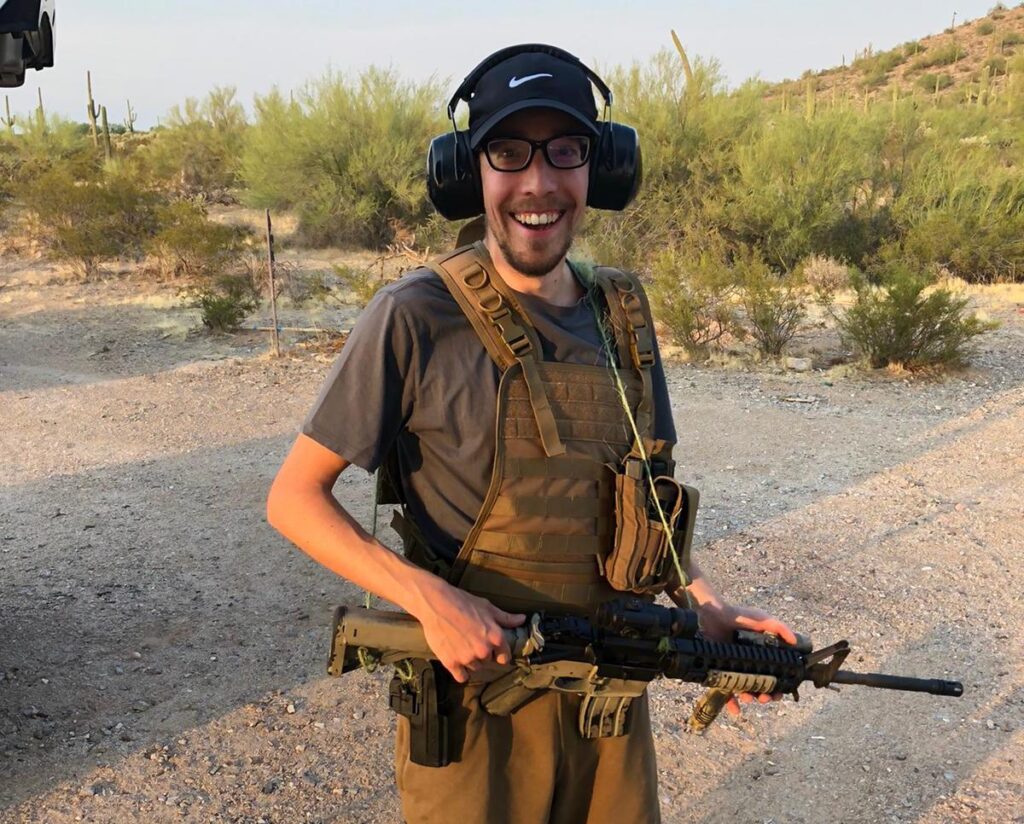
To his surprise, Henry found distant relatives in Fremont, CA, and one of them offered him a couch in their living room. “On 31 May 2014, I left the UK and flew to the US and moved onto the couch of the temporarily welcoming relative.”
Then, he started to settle in. Henry got his driver’s licence and tried to find a job at legal agencies in San Francisco. “At first, they didn’t want to hire me even as a secretary or a lawyer’s aide. My first job was at Cox & Kings, a company that had a contract with the Consulate General of India in San Francisco to handle the administrative processing of the visa applications. They dealt with Indian visa applications. This was my first introduction to an immigration system, but not the American one, but the Indian.”
“We would meet with people, accept the documents. If the file was complete, we forwarded a full application packet to the consulate so the big bosses there could decide if they approve the visa or not. I was the team lead of escalations, which meant I dealt with all the weird cases where something was messed up and then someone asked to speak to the manager,” he says.
“I lasted four months doing this, because they had a huge staffing shortage and it felt like the mountain of paper only grew on my desk, even though I constantly worked overtime and six to seven days a week.”
And then he got really lucky. “After I left, a recruiter called me and said they were looking for someone to work for Google who’d speak Estonian.”
He got the gig. “It’s still hard to believe that only because of my knowing of Estonian I got a job like that,” he says. “And it was a massive experience, just to be at the Google campus.” His job was watching movies and TV shows, making sure that the Estonian subtitles were correct.
North to the future – to Alaska
“But the job had nothing to do with my aspirations of being a lawyer, so I started to plan ahead on how to become a real lawyer. However, the biggest bonus on working at Google was, I met my wife Vanda there. She’s from Hungary and she was the subtitle checker in the Hungarian-language team.”
Vanda was studying math at the Diablo Valley community college at the time. “In order to gain the bachelor’s degree, one needed to find another university because a community college doesn’t offer a bachelor’s degree. She found the University of Alaska Anchorage and thus, we decided to go on an adventure to the freezing Alaska. We lived there for two years and I got a job as a paralegal at the law office of Margaret Stock. She is one of the best immigration lawyers in the US and I gained valuable experiences while working there. And at the same time, I started online studies at the University of Arizona law school.”
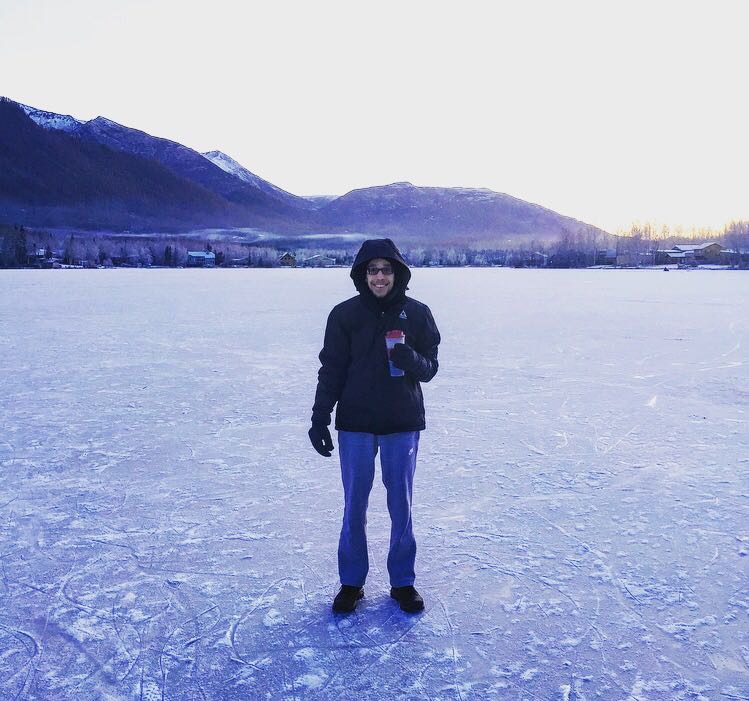
In August 2018, Henry and Vanda’s daughter, Nora was born. Vanda graduated with a double bachelor’s in math and economics in December of the same year. “We flew to Estonia and Hungary to celebrate Christmas and the new year. In January 2019, we landed in Tucson, AZ, and I continued my law studies. Bu 2020, I graduated with a law degree.”
“The coronavirus quarantines drove us both crazy and in 2021, we travelled to Utah, to Salt Lake City for half a year. That’s where our second daughter, Hanna, was born. And then we went to Hungary for half a year. Both Vanda and me, we worked from home, so we had the freedom to travel. But then, this travelling around got us fed up and since 2022, we’ve been mostly back in Arizona where we plan to stay for a while so that our children had a degree of stability.”
Becoming a lawyer in the US is not easy. In Estonia, for example, one can become a lawyer by just finishing a three-year bachelor’s degree. In the US, however, one needs to get a doctorate, a juris doctor degree. Why would one put themselves through that?
“Immigration law picked me”
“I’ve always loved to talk,” Henry says. “I loved to ask a ton of questions from my parents. And my dad has been a law professor for a long time. In high school, I was against it because I didn’t want to become a lawyer just because my dad was one. But after trying to learn chemistry it occurred to me that law just suits me. I’m not a sciences guy, I don’t want to be a scientist; however, I love to analyse and discuss things.”
He finished his juris doctor studies in the US in two years as some universities offer a two-year programme to people who have a lawyer’s degree from other countries – and he did from the UK. Normally, a juris doctor degree takes three years.
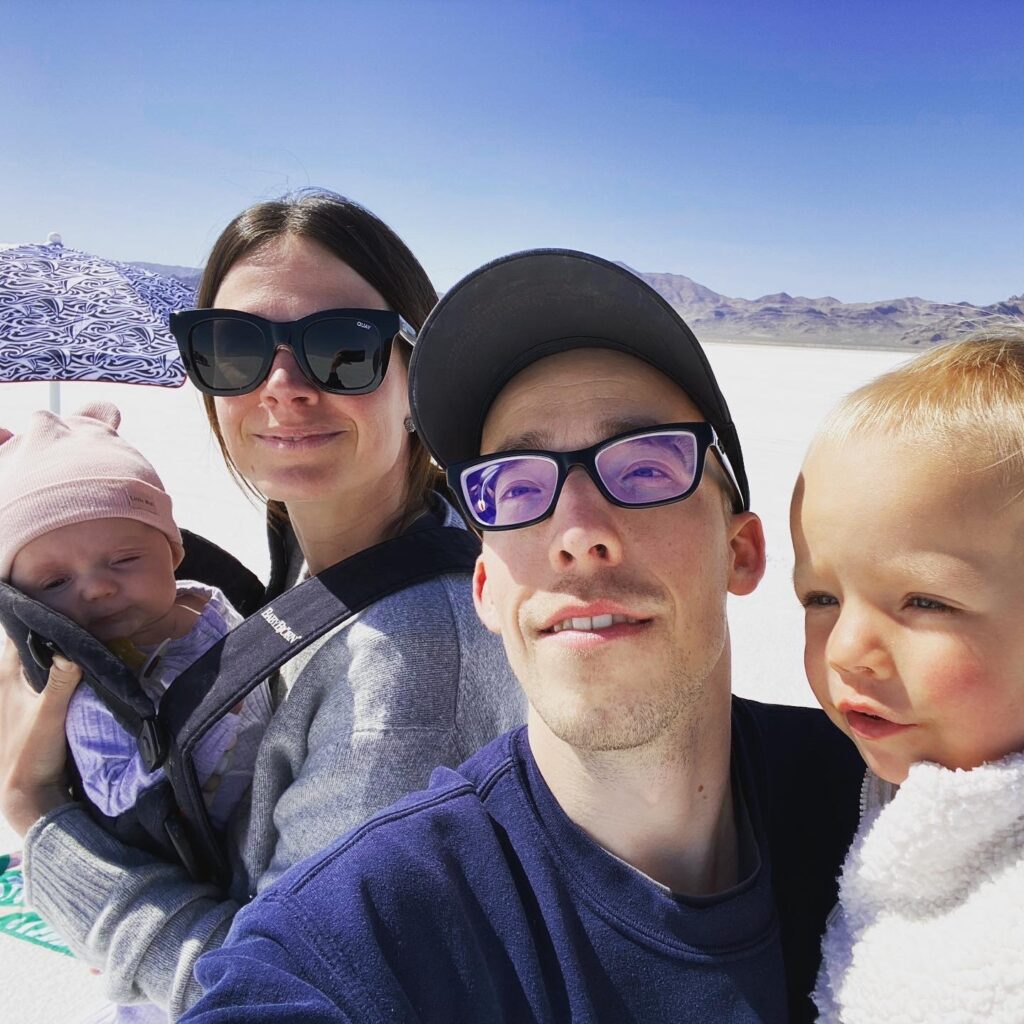
“My main motivation was my daughter Nora. It was evident that raising children in the US was very expensive, if you want to live in a beautiful neighbourhood and near good schools. I knew I needed a good income for that.”
To be accepted in the Arizona bar, one needs a score of 273 out of 400 in the bar exam. Henry scored 291. He was in. He got his licence on 1 July 2020, and he was officially a lawyer.
But why immigration law? “I didn’t pick immigration law. Immigration law picked me as my first job as a legal aide in Alaska was in the field of immigration law. I was an aide there for three and a half years and then a lawyer for two. When you’re specialised in one area of the law, it’s really difficult to change specialty and start from zero. And immigration is interesting and intellectually stimulating, because every time the president changes, there will be new regulations and you always have to learn more to keep up with the changes.”
So, why Estonia?
“I believe there are plenty of companies in Estonia, especially tech companies who could successfully enter the US market. And these companies need help with visas if they want to bring their Estonian bosses here to set up a subsidiary. The Estonian market isn’t big enough to be in the radar of big US law offices, but I believe that they should be enough work for one eager lawyer. And I hope I can make this difficult path easier for Estonians, if not with anything else, than the fact that I can explain the rules in Estonian and talk about my experiences and travels.”
Better prices without lowering the quality
“I think I’m a pretty good immigration lawyer. I also think I’m the only Estonian who has a US law licence and have specialised in immigration law. It’s not exactly a massive market, but I hope I can turn this rarity into my personal strength. When an Estonian is looking for immigration help and he has a hundred lawyers to choose from, and one of them speaks Estonian, then I hope that this will be their preference.”
“Maybe I’ll be more trustworthy, more of their ‘own’ who can explain the rules and help them. If one wanted to advertise and promote oneself via social media and Google Ads, that would be very expensive. Lawyers spend up to $900 per client to invite them through the door. This also means their services are very expensive. To become a lawyer is very expensive because law school is expensive. The licencing fees are high and every year, one has to learn for tens of hours and attend conferences to keep one’s licence. You need books and databases and software. All that costs money and that’s why a lawyer’s services are expensive.”
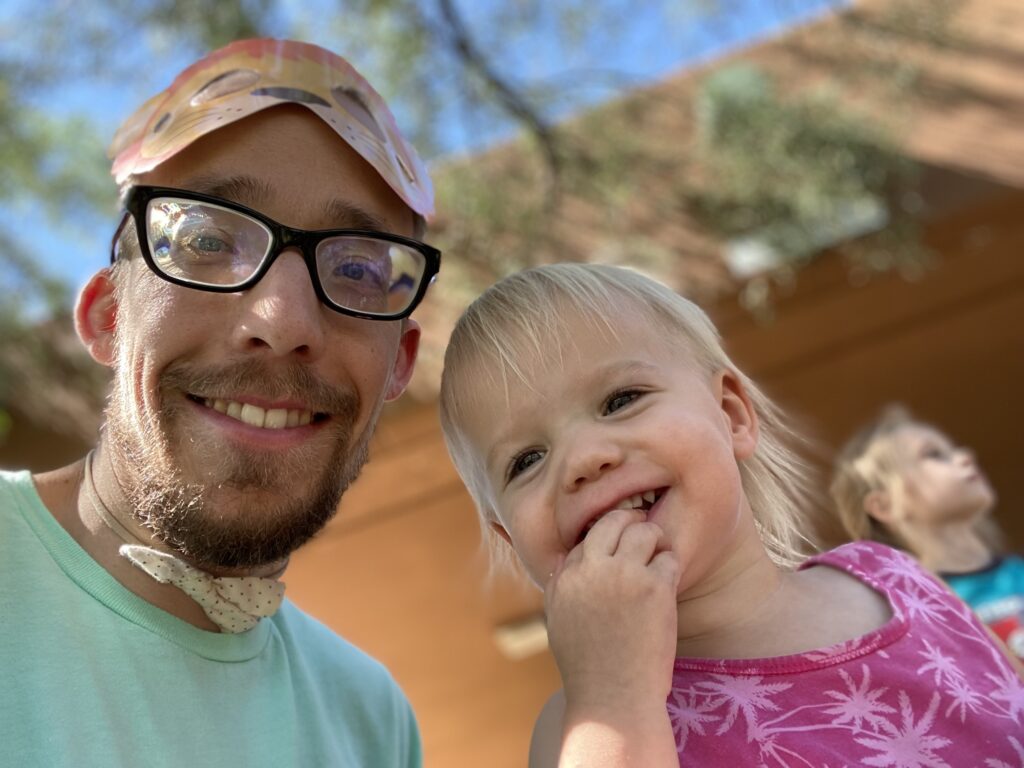
“I’m trying to create a grassroots campaign and organically grow my popularity without investing an insane amount of money. I’m not spending money on an office; I work from home. If I can keep my expenses lower, then I can compete in the market, offering my services to my clients for better prices without lowering the quality of the service.”
And he brings up a good point. Estonians tend to be stingy; they don’t like to spend money on services they think they don’t need. But the fact is, they only think they don’t need outside help.
“Some people will never hire a lawyer because they don’t have money, or they don’t want to spend their hard-earned cash on one. They hope they can manage without one. They may be seeking professional help only when something goes awry,” Henry explains. That’s why he as a video blog.
Offer something valuable
“My blog or vlog is meant for people to get at least some information in their language and hopefully they’d avoid the most awful problems within the US immigration system,” he says. “I’ve seen throughout the years how small mistakes can create huge problems for immigrants living in the US.”
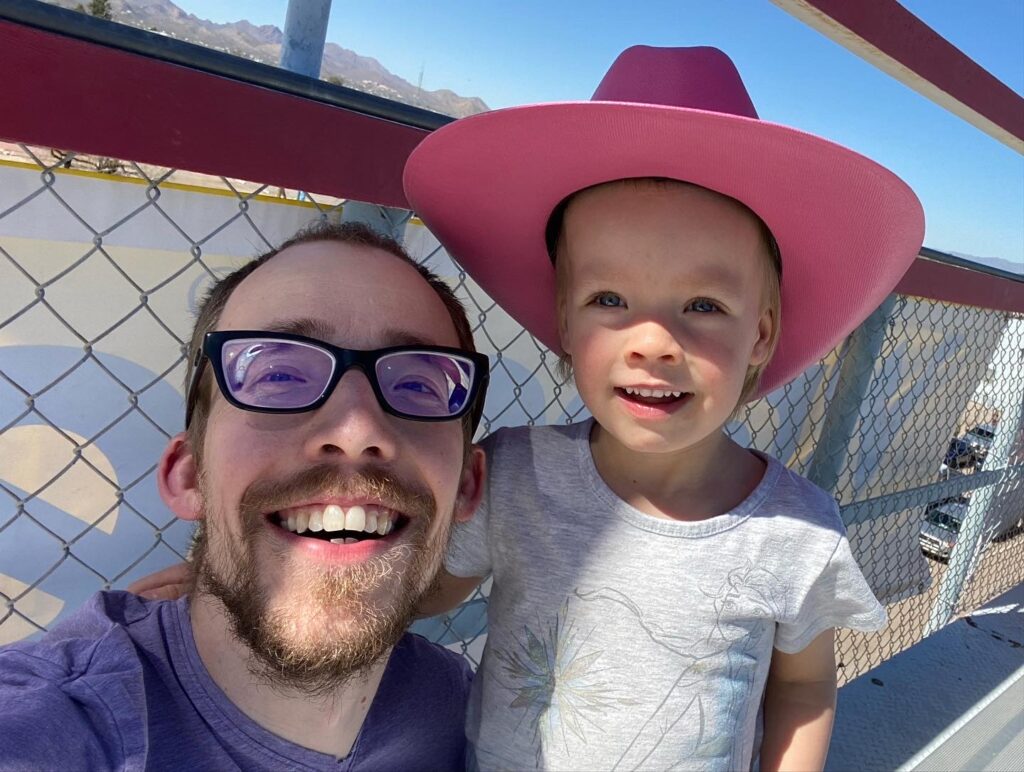
“I also hope that a part of the people who visit my blog want to hire a lawyer and my blog is a good way to advertise myself. It’s hard to say whether the plan works, but I hope my name will spread among Estonians enough so that the people would turn to me when they need legal help.”
Henry says he learned the approach from reading and listening to different podcasts by people who had successfully started something. “I’ve heard in the US all the time that your first priority should be offering people something valuable before you start to count money. If you want your money right away, it’s much harder to make your company or service more popular. Hence, I got the idea to write or record something.
”But in addition to Estonians, he has had customers from tens of different countries in the world. “The last three to four years, I’ve concentrated on business immigration. I’ve helped people get temporary work visas and permanent residency permits for workers from different companies and many fields of business. I can’t go in the details, but I’ve helped many CEOs, COOs, CFOs, athletes, engineers, IT-people. And my clients have been from Canada, Mexico, Chile and many other countries.”

